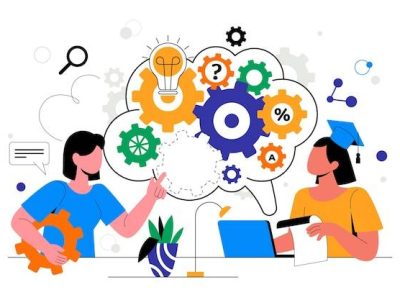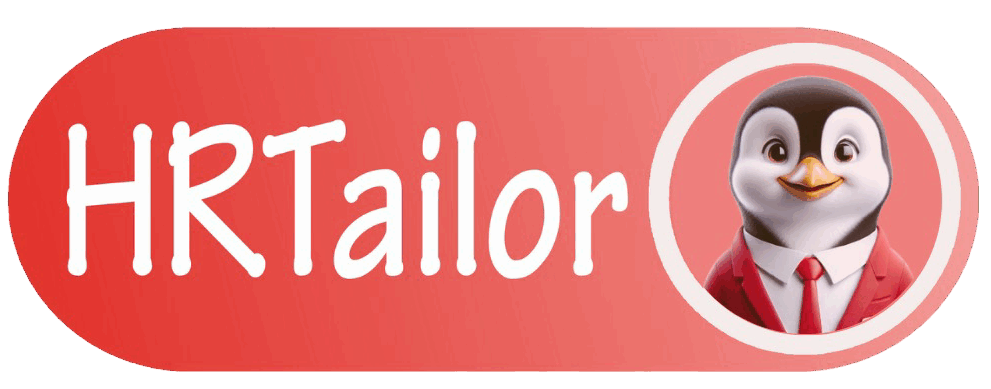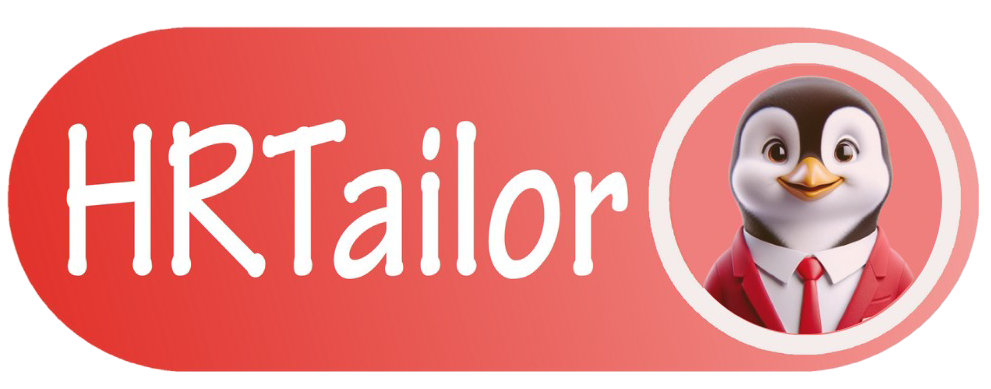
Why Soft Skills Matter in Talent Acquisition and How to Find Candidates Who Have Them
In today’s fast-paced, ever-evolving workplace, technical skills alone just don’t cut it. Sure, expertise in specific tasks is important, but when it comes to building a resilient, high-performing team, soft skills like communication, adaptability, problem-solving, and teamwork are absolute game-changers. Think of them as the glue that holds a team together and keeps everything running smoothly—even when the pressure’s on.
So, what exactly are soft skills, why are they crucial in talent acquisition, and how can you identify candidates who have them? Let’s dive into what makes these skills so valuable and share some tips on spotting these hidden gems in your hiring process.
What Are Soft Skills?
Soft skills, often referred to as “people skills” or “interpersonal skills,” are the non-technical abilities that impact how well someone interacts with others and adapts to different situations. While technical skills are about what someone does, soft skills are about how they do it.
Some of the most in-demand soft skills today include:
- Communication: The ability to clearly express ideas, listen actively, and engage effectively with others.
- Teamwork: Being able to work well with others, share responsibilities, and contribute to group success.
- Adaptability: Flexibility in the face of change, and the ability to pivot or adjust strategies as needed.
- Problem-solving: An approach to tackling challenges proactively and finding solutions quickly.
- Emotional Intelligence (EQ): Recognizing and managing one’s emotions, and understanding the emotions of others.
These skills aren’t just “nice-to-haves.” In fact, they often make the difference between a good hire and a great one.
Why Soft Skills Matter in Talent Acquisition
So why are soft skills such a big deal when hiring? Here are a few key reasons why these skills can’t be ignored:
1. Soft Skills Drive Team Dynamics and Collaboration
Imagine a highly skilled developer who can write flawless code but struggles to communicate with team members or can’t handle feedback. It’s a recipe for conflict and frustration. Soft skills enable employees to work well with others, collaborate effectively, and create a positive work environment. In today’s team-centric workplaces, collaboration is key, and employees with strong soft skills help create a more cohesive and productive team.
2. They Enhance Adaptability in a Changing Work Environment
If there’s one constant in business, it’s change. From shifting market demands to new technology, employees who can adapt to change without skipping a beat are invaluable. Soft skills like adaptability and resilience help employees navigate challenges and stay flexible, which is essential in today’s fast-paced work environment.
3. Problem-Solving Skills Lead to Better Decision-Making
Employees with strong problem-solving skills don’t just wait for instructions—they take the initiative to tackle issues head-on. This proactive attitude is crucial, especially in roles that require critical thinking and independent decision-making. Problem-solvers are also often better equipped to handle unforeseen challenges, making them valuable assets to any team.
4. They Help Build a Strong Company Culture
Soft skills play a big role in shaping company culture. Employees with high emotional intelligence, for instance, contribute to a more positive, empathetic workplace. In talent acquisition, finding people who align with your values and bring the right attitude is essential for fostering a supportive, inclusive culture.
How to Find Candidates with Strong Soft Skills
Identifying soft skills during the hiring process can be tricky because they’re not as easy to measure as technical abilities. Here are some strategies to help you spot these qualities in potential hires:
1. Ask Behavioral Interview Questions
Behavioral questions are designed to get candidates talking about how they’ve handled real-life situations, which can reveal a lot about their soft skills. Here are some examples:
“Tell me about a time when you had to work as part of a team to achieve a goal. What was your role?”
“Describe a situation where you had to adapt to a major change at work. How did you handle it?”
“Can you give an example of a time you faced a significant challenge at work and how you resolved it?”
These questions encourage candidates to share stories that showcase their communication, teamwork, problem-solving, and adaptability skills.
2. Use Situational or Role-Playing Exercises
Role-playing exercises or situational tasks are a great way to see how candidates respond to challenges in real-time. For example, if you’re hiring for a customer-facing role, you could ask candidates to role-play a difficult customer interaction. This gives you insight into their communication style, problem-solving approach, and ability to stay calm under pressure.
3. Assess Cultural Fit and Emotional Intelligence (EQ)
Soft skills aren’t just about communication and teamwork—they also include emotional intelligence, or EQ. High-EQ candidates are often empathetic, self-aware, and able to handle feedback constructively. During the interview, pay attention to how they talk about past experiences. Do they take responsibility for mistakes? Do they show empathy toward colleagues or clients? These cues can indicate a high level of EQ, which is invaluable in any workplace.
4. Leverage Personality Assessments and Soft Skill Tests
Many companies now use assessments designed to measure specific soft skills. Tools like the Myers-Briggs Type Indicator (MBTI) or DiSC Profile help evaluate a candidate’s personality traits and interpersonal skills. Some talent acquisition platforms even offer custom tests for skills like communication and adaptability. While these assessments aren’t foolproof, they provide additional insight into how candidates might fit within your team.
5. Ask for Real-World Examples in Their Work History
Look beyond the resume and dig into specific examples of the candidate’s past work. Ask them to describe situations that required collaboration, creative problem-solving, or conflict resolution. Their responses can give you a sense of how they handle complex interpersonal scenarios and apply their soft skills in real work situations.
The Value of Soft Skills in Today’s Workforce
In today’s workplace, where collaboration, adaptability, and emotional intelligence are more important than ever, soft skills are no longer just an added bonus—they’re a necessity. Candidates with strong soft skills are often better team players, more adaptable to change, and contribute to a positive, resilient company culture.
Incorporating soft skills into your talent acquisition strategy will help you build a team that not only has the technical know-how but also the people skills to drive long-term success. By asking the right questions, using assessments, and looking for real-world examples, you can identify candidates who bring the right mix of technical and soft skills to the table.
Looking for help with talent acquisition? A professional talent acquisition service like HRTailor can help you find candidates who have both the hard and soft skills your business needs. From sourcing to screening, HRTailor takes a comprehensive approach to finding talent that fits your company’s goals and culture.
Check out HRTailor’s Talent Acquisition Services to learn more about how we can help you build a winning team!

